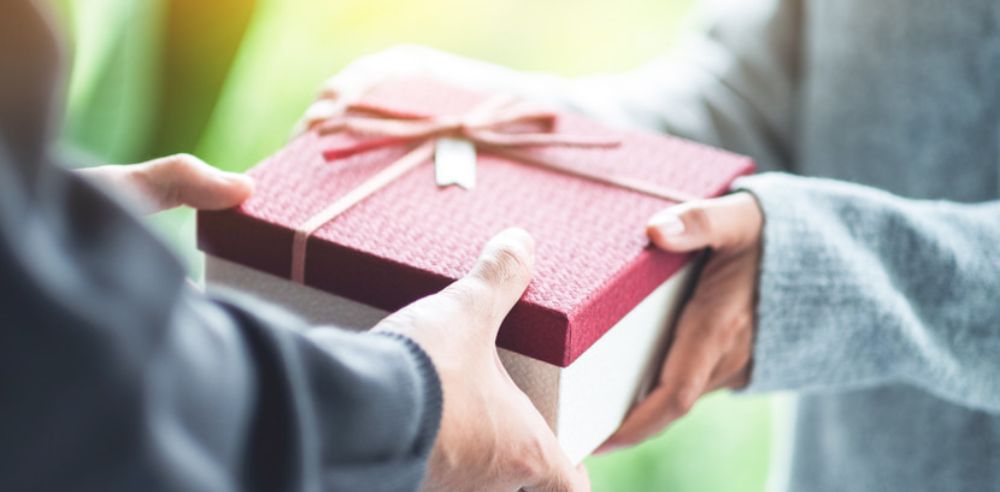Your Cart is Empty

June 26, 2023 2 min read
Gift-giving is an age-old tradition that goes beyond the material exchange of objects. It holds a profound psychological and emotional impact on both the giver and the recipient. Have you ever wondered why some gifts leave a lasting impression while others are quickly forgotten? In this article, we delve into the science behind giving good gifts, exploring the psychological and neurological aspects that make gift-giving a powerful tool for connection and happiness.
Gift-giving is more than a mere social convention; it is deeply rooted in human nature and has evolutionary origins. According to researchers, our ancestors used gift-giving to strengthen social bonds within their communities. Today, this act of generosity continues to be a fundamental part of human interaction, providing an opportunity to express love, gratitude, and empathy.
Giving gifts brings joy not only to the recipient but also to the giver. Research has shown that acts of kindness, such as giving gifts, trigger the release of endorphins and oxytocin, often referred to as the "feel-good" hormones. These chemicals promote feelings of happiness, reduce stress, and foster a sense of social connection. Additionally, giving gifts allows us to communicate our feelings and appreciation when words may fall short.
Gift-giving has a profound psychological impact on individuals. When we receive a thoughtful gift, it enhances our sense of self-worth and validates our relationships. It makes us feel understood and cared for, creating a positive emotional response. Moreover, gift-giving has been linked to increased feelings of happiness and satisfaction, both for the giver and the recipient. The act of giving triggers a sense of purpose and fulfillment, leading to overall well-being.
Neuroscience offers valuable insights into the effects of gift-giving on the brain. When we give or receive gifts, the brain's reward system is activated, releasing dopamine, a neurotransmitter associated with pleasure and motivation. These neural pathways reinforce positive associations with gift-giving, making it a memorable and rewarding experience. Moreover, studies have shown that the anticipation of giving a gift can be even more pleasurable than receiving one.
To create a truly meaningful gift, consider the recipient's interests, preferences, and values. Personalize the gift to reflect their unique personality, and consider the emotional connection you wish to establish. Gift experiences that create lasting memories, such as self-care packages, something awful, or new mom care packages, can be more impactful than material possessions. Remember, the best gifts are not necessarily the most expensive, but those that demonstrate genuine thought and consideration.
Discover the power of meaningful gift-giving and create lasting connections. Explore thoughtful and personalized gift ideas at SmallPackages and make every occasion memorable.